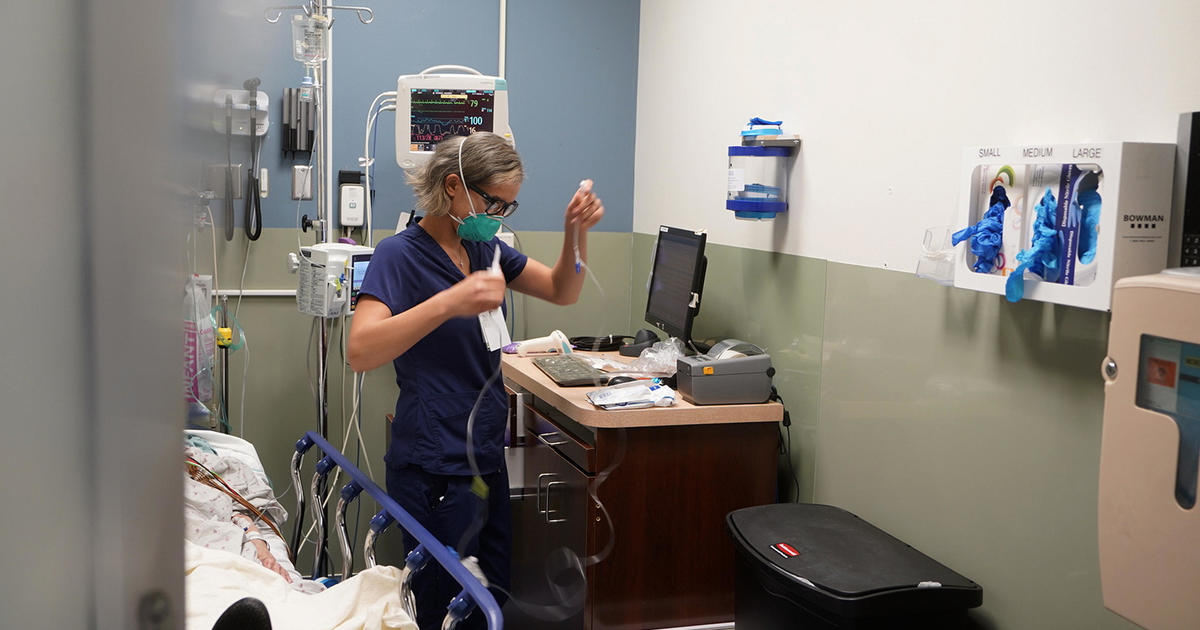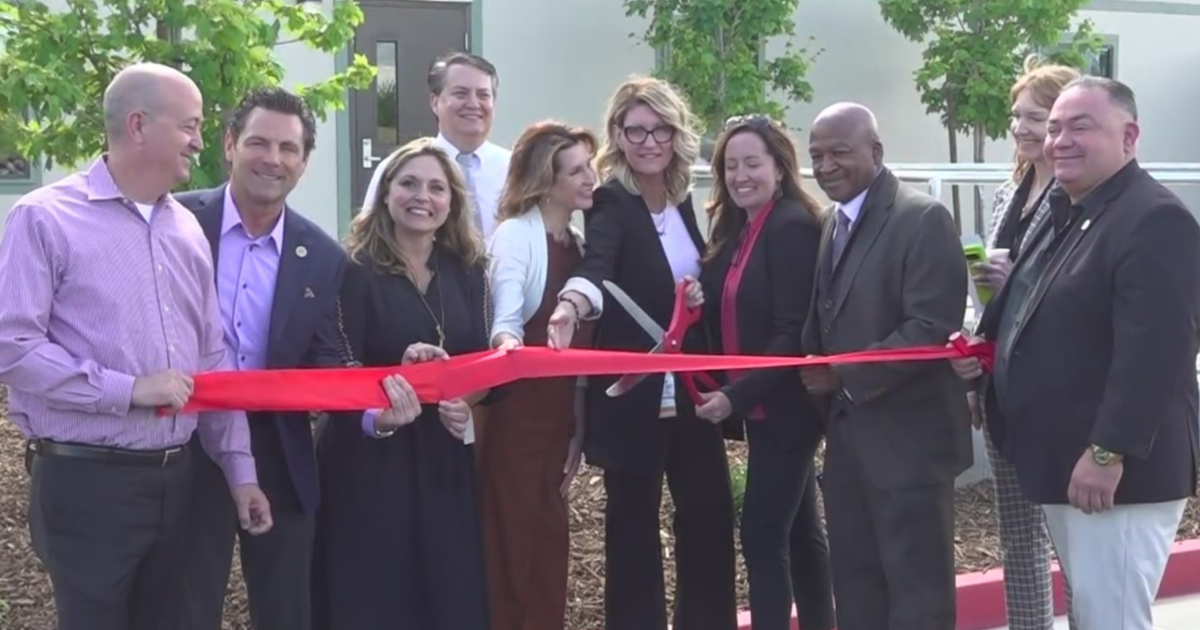California Democrats Readying For Health Care Battle Under Donald Trump
SACRAMENTO, Calif. (AP) - After years of pushing new frontiers for liberal public policy, California's Democratically controlled government is looking at a more defensive future under President-elect Donald Trump and a Republican Congress in Washington.
Legislative leaders are searching for ways to inoculate California from Trump's anticipated actions on issues like health care, which could carve a multibillion-dollar hole in the state's balanced budget.
Trump's surprise victory last week forced stunned Democrats to re-evaluate their priorities for the next two years, particularly since he has called for repealing President Barack Obama's health care overhaul, which provides coverage for more than 5 million Californians.
California aggressively embraced the health overhaul. About 1.4 million people signed up for coverage last year through Covered California, the insurance exchange created under the Affordable Care Act. Nearly 90 percent received federal subsidies that would go away under previous GOP proposals to repeal "Obamacare," and another 3.8 million people with low incomes joined the Medi-Cal program, with 95 percent of their costs paid by the federal government - about $15 billion in subsidies this year.
"If that federal dollar is gone, we don't have the resources to help pay for that or offset that," said Sen. Ed Hernandez, a West Covina Democrat who chairs the Senate Health Committee.
Replacing the subsidies would take a massive bite out of the state's $122.5 billion general fund budget.
Any state action is unlikely to replace the billions of dollars that the Affordable Care Act poured into the state's economy and health care system, said Anthony Wright, executive director of Health Access, an advocacy group that supports the law. California would likely do its best to maintain access to coverage and consumer protections for health plans, but the state can't on its own replace the funding or overall health system redesign that Obama's law ushered in.
"California's not an island," Wright said. "We can and will go alone where we can, but it will always be based on what the feds do and allow California to do."
If millions of people lose health coverage because they can't afford it, Democrats warn that those people will be forced to seek care for free in emergency rooms, which are obligated to treat them. Hospitals will pass the costs on to others, including the state, said Senate President Pro Tem Kevin de Leon, D-Los Angeles.
"That will put a major strain on our general fund budget and possibly create a deficit," de Leon said. "Now, if they eviscerate the health exchange and we decide to make a decision to cover some of the costs, that will also put us into a budget deficit, so both options are not good for California."
Democratic legislative leaders have yet to offer specific ideas, saying they need to see what Trump does before offering legislation to combat his policies. The incoming president has softened his stance since the election, saying he'd like to keep the more popular pieces of the health overhaul, but will still have a GOP-led Congress eager to repeal it.
California's Democratic leaders also are likely to clash with the Trump administration over immigration and environmental policy, the latter of which has been a legacy issue for Gov. Jerry Brown, who terms out of office in 2018.
While California has aggressively moved to accommodate immigrants, including those who are living in the country illegally, Trump has called for mass deportation and pledged to build a wall between the United States and Mexico.
California can't change people's immigration status or prevent the federal government from deporting them, but it can refuse to cooperate and prevent local jails, schools and social service agencies from doing so.
California's efforts at defiance are likely to end up in court, where judges tend to be sympathetic to states' rights when they conflict with federal law, said Karl Manheim, a professor at Loyola Law School in Los Angeles who studies constitutional law and federal pre-emption.
"That trend on the Supreme Court may work in the state's advantage in trying to limit the damage coming down from Washington," Manheim said.
Congress could restrain the state's authority in areas such as pollution regulations, Manheim said, or leverage billions of federal dollars to require that the state agree to specific policies.
___
Associated Press correspondent Juliet Williams contributed to this report.
Copyright 2016 The Associated Press.



